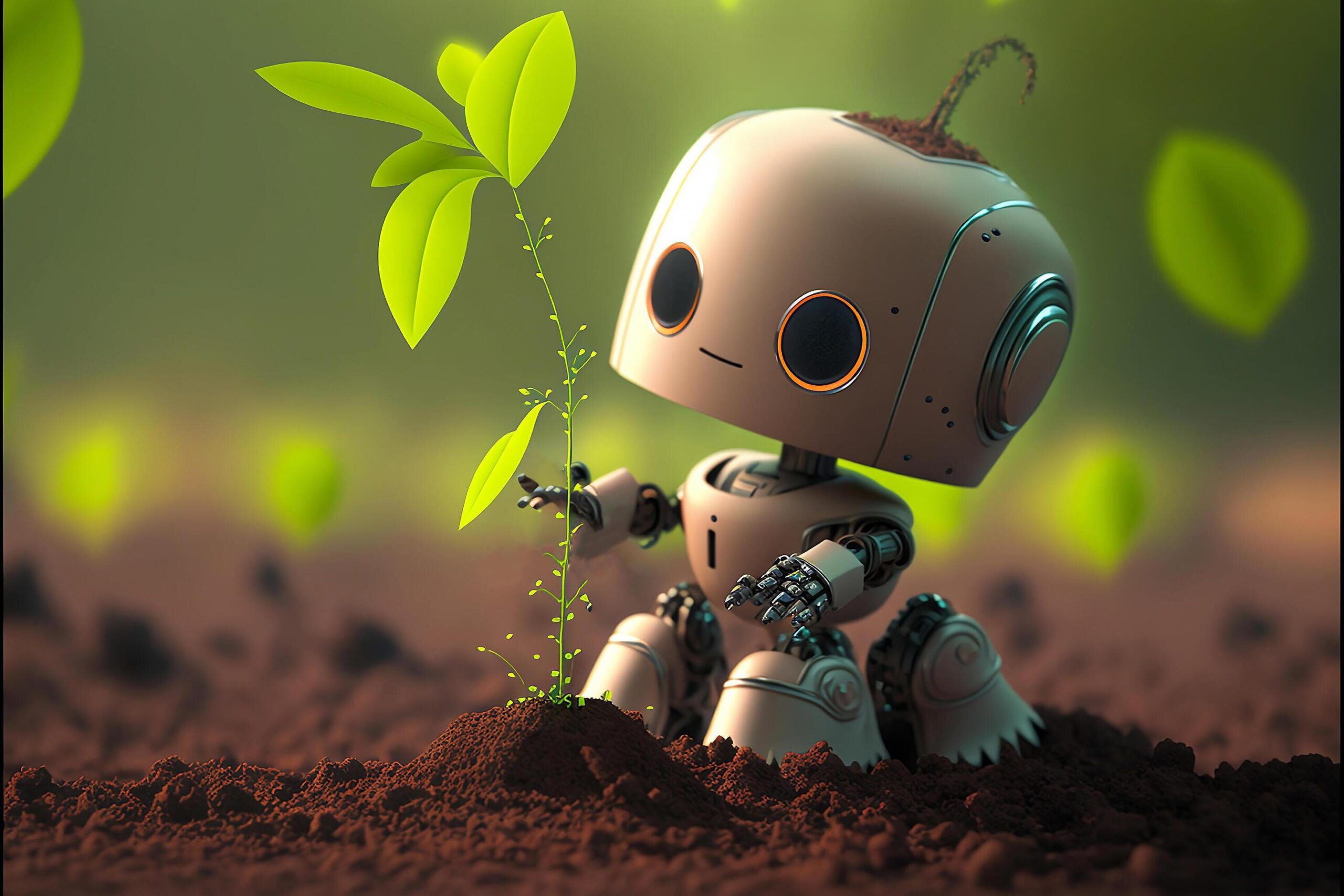In a world increasingly dominated by artificial intelligence, automation, and robotics, a pressing question looms: Will humans still have a place, or are we making ourselves obsolete?
The machines are rising, and they’re not coming for our lives—they’re coming for our jobs. From warehouse logistics and transportation to law, medicine, and education, automation is no longer just a futuristic concept. It’s here, now, and accelerating.
Machines don’t sleep. They don’t demand wages, pensions, or healthcare. They don’t complain. And they can work with staggering efficiency 24/7. It’s no surprise that industries are eagerly replacing human labor with algorithms and robots that deliver more for less.
But this massive shift brings with it a paradox: as machines become more productive, humans become less essential—at least in the traditional economic sense.
No more work no more people
We’ve long defined our place in the world through our work. Jobs have given us structure, purpose, and identity. But what happens when the need for human labor disappears?
If AI can diagnose diseases better than doctors, write reports faster than journalists, create art more prolifically than painters, and now even power robots that build houses, clean streets, and perform physical labor once thought to be exclusively human—what is left for us to do? Are we headed toward a future where humans are reduced to passive spectators of their own civilization?
It’s a question that’s as psychological and spiritual as it is economic. Because beneath the fear of unemployment lies a deeper fear: that we no longer matter.
The Economic Trap
Our economic systems are built on a very old assumption: people work, earn money, and spend that money to keep the system going. But in a world where robots do the work, what happens to those who are no longer needed?
If people aren’t earning, they aren’t spending. And if they aren’t spending, businesses collapse—regardless of how efficiently robots can produce. This is the fundamental paradox of automation: abundance created without anyone affording to consume it.
So even as technology races ahead, we find ourselves stuck. We’ve created tools to free ourselves from labor, yet we remain bound to an economic system that punishes idleness—even when it’s the machines doing all the work.
The Illusion of Easy Solutions
Universal Basic Income (UBI) is often proposed as the solution. Everyone gets a set amount of money regardless of employment status. It sounds fair—and maybe even inevitable. But will it work?
UBI might offer short-term relief, but it doesn’t address the root issues:
- It keeps us locked in a consumption-based economy.
- It risks turning people into permanent spectators, surviving but not thriving.
- It assumes that purpose can be replaced with payments.
In other words, UBI might temporarily stop the bleeding, but it doesn’t heal the wound.
What Will Humans Do?
If machines handle the boring, repetitive, dangerous, and essential—what’s left for us?
The answer could be everything else.
- Creating art, music, and stories.
- Exploring the universe.
- Healing the planet.
- Deepening relationships, community, and consciousness.
But none of this will emerge naturally from the current system. It demands a new model of value, one that sees human life not as a tool of production, but as an expression of potential.
A New Operating System for Humanity
What we need isn’t just a better patch on capitalism—it’s a different operating system. One that doesn’t collapse when machines do the work. One that measures wealth not in dollars, but in well-being, creativity, ecological balance, and collective thriving.
This is where visions like the Natural Exchange System and resource-based economies come in—not as utopias, but as real alternatives in reframing what matters.
This is also the world imagined in Waking Up: A Journey Towards a New Dawn for Humanity. In it, a former billionaire confronts a civilization where money is obsolete, and value flows from connection, contribution, and care. It’s a world where humans are not obsolete—but reborn.
Conclusion: Obsolete or Awakened?
We stand at a threshold. One path leads to obsolescence—not because machines destroy us, but because we failed to adapt. The other leads to awakening—where we redefine our purpose not by what we produce, but by how we live.
The machines and technology will keep evolving. The real question is: will we?
If this vision resonates with you, take the next step into that future—read Waking Up: A Journey Towards a New Dawn for Humanity. Follow Benjamin Michaels on his transformative journey from a world of profit and productivity to one of purpose, peace, and planetary stewardship.


Leave a Reply